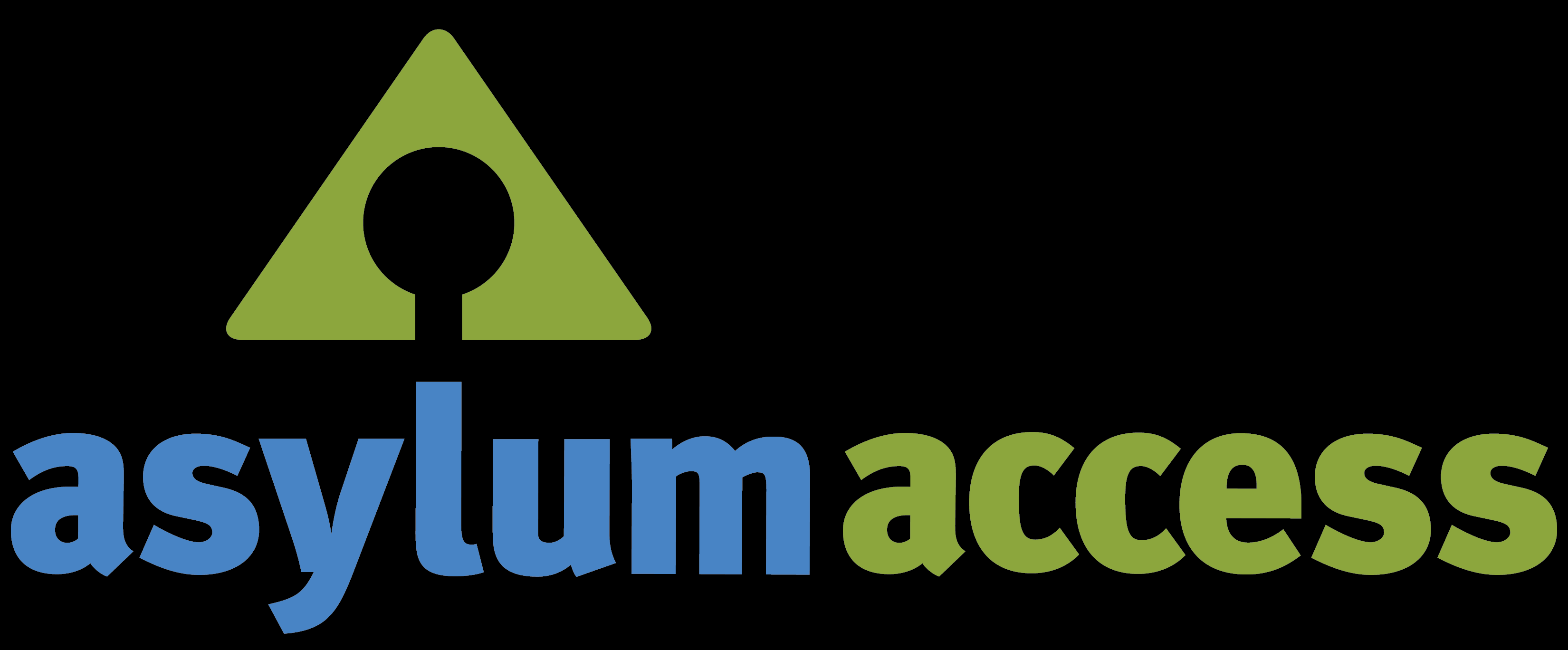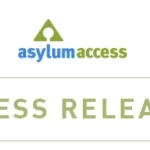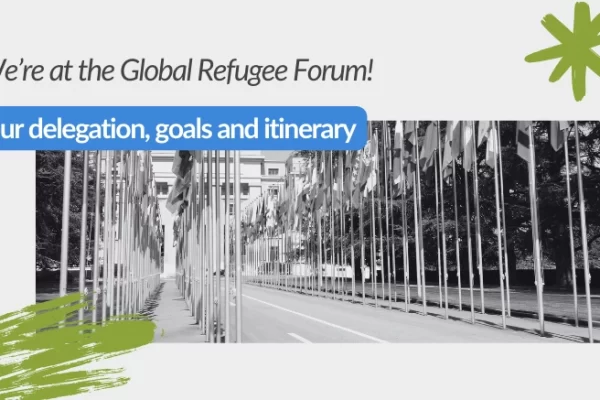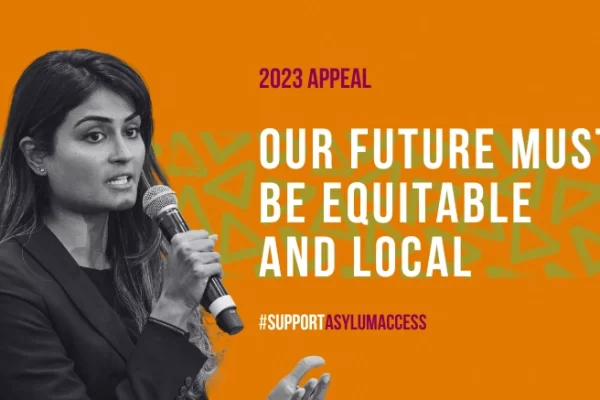Asylum Law in a Pandemic: Interview with an Asylum Access Mexico Lawyer in Tijuana
A typical day for an Asylum Access Mexico lawyer would normally consist of in-person interviews to review cases, accompanying clients applying for asylum, conducting know-your-rights trainings and routine visits to check-in on clients at shelters and detention centers. That routine has changed.
In Tijuana, while the US government has decided to close its borders to new asylum requests, there are still people arriving everyday to apply for asylum in Mexico. COMAR (The Mexican Commission for Refugee Assistance) has responded to the COVID-19 pandemic by limiting their hours, delaying decisions, extending appeals deadlines and eliminating the onerous requirement for applicants to check-in weekly at the COMAR office. They also accept far fewer applications every week, leaving asylum seekers in a state of uncertainty.
New difficulties don’t stop immigration lawyers from doing their jobs and helping asylum seekers navigate the immigration process. In a recent interview, Karina Martinez, a lawyer with Asylum Access Mexico, described how COVID-19 has reshaped the immigration process and how she conducts business on a day-to-day basis.
Before the pandemic, she would meet with clients in-person at her office, shelters or common dining areas. These places are now closed to outsiders, so she works from home and conducts interviews over the phone. She says that fortunately many of her clients have access to a phone, but there are others who don’t, making it impossible for her to reach them. Working from home poses other challenges, such as finding the administrative documents they need for their clients, uploading them to government websites, and being able to gain her clients’ trust and have them feel comfortable telling their stories. Overall, Karina says,
“Everyone has taken it well lately, but they do not understand why we cannot have physical contact right now. They are used to sitting in front of a lawyer and explaining their situation to them. Perhaps it is a little bit complicated for them to have the confidence on the phone to explain their situation: why they are coming or want to apply for asylum in Mexico. They have already been told that their information is confidential.” (1)
Another issue asylum seekers face is limited hours to apply for asylum at COMAR, a lack of PPE (personal protective equipment) and uncertain court dates. In order to restrict the number of people standing in crowded buildings, COMAR is only open two days a week, Monday and Tuesday and is allowing only 6 people to apply for asylum each day. Their office is also limiting hours, opening at 9am and closing at 2 or 3pm. From 9am to 10am, officials explain the application process and then 6 people are allowed to enter the building and apply. There is little to no protection for those waiting in line. They are required to cover their faces with a mask or scarf and use hand sanitizer, but masks are scarce, leaving the majority of applicants unprotected. In addition, since asylum hearings are postponed until further notice, new arrivals in Mexico are using the exit date on their FMM (Forma Migratoria Múltiple), a permit given to visitors in Mexico which typically grants them 180 days in the country, as a de facto court date.
Many refugees in Tijuana are in danger where they live. Karina says that very few shelters or migration detention centers are adopting new sanitation measures to keep their inhabitants safe and medical attention is very limited. There is one detention center that she knows of that has its own medic. The government has provided little information about any existing cases in detention centers or the plan if a case arises. Most shelters rely on the help of general and governmental hospitals, most of which will turn people away who do not have insurance. Overall, most shelters are simply closing their doors to new arrivals and outsiders, hoping that limiting their inhabitants’ contact with the outside world will be enough to keep them safe. At the time of this interview, Karina said that there weren’t any refugees she knew of with COVID-19, but information for this demographic can be skewed. Karina explains,
“[The government is] not applying the studies to know the reality of how many people are contagious or not. There are no tests, either. The people that live on the street go to the hospital, because they have symptoms, but [the hospital workers] will not treat them, they will approach them, but send them back because they do not have insurance. So the people did not stay, were never treated and were not counted.“
Although refugees may be daunted by even more stringent regulations, limited access to shelters and accepting legal representation over the phone, Asylum Access Mexico’s trusted team of lawyers will still continue to provide their services and do everything they can to help asylum seekers in Tijuana, despite new challenges posed by the COVID-19 pandemic. As Karina reassures us,
“We will keep working the same as we would in-person, and people will open up a little and begin to tell their story and what they want to do in Mexico.”
(1) All quotes are translated from the original Spanish.






